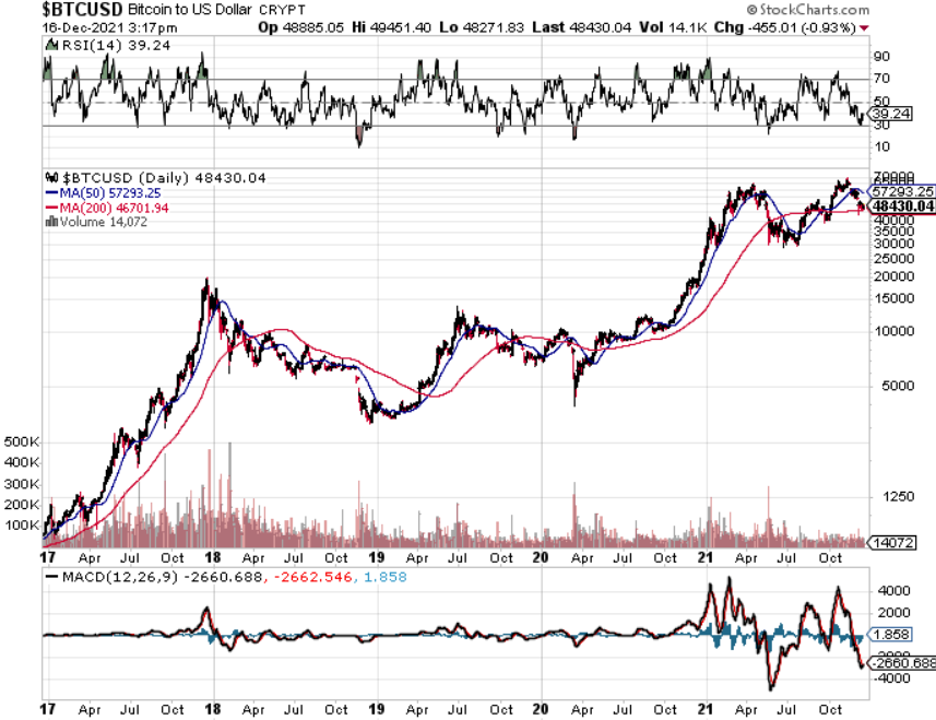Another of Crypto Adoption is Coming
Wall Street is finally getting the message.
On the horizon is crypto becoming an investment-grade quality asset and many hedge funds and private equity funds aren’t risking missing the boat.
This translates into more attention given to digital assets from institutional managers than ever before.
Around 35% of hedge fund managers believe that crypto in one form or another is the “can’t miss” asset of the next 10 years.
This is a seismic shift in the attitude of privately managed funds, and it was only last year that crypto was deemed an “asset of interest.”
But with many things in life, people become conditioned and 2021 will prove to the mainstream that this asset is not going anywhere.
What can you expect from now on?
The unadulterated “professionalization” of crypto through and through.
The expertization of the cryptocurrency ecosystem will translate into a more robust infrastructure that will offer many types of new exchanges and DeFi technologies that will segue us into the internet 3.0 or better known as the metaverse.
We are still quite far from being a “traditional” asset, but every little bit helps.
There will also be widespread encouragement at the Federal and State level for a clearer understanding of how crypto will be regulated.
There is still a great deal of confusion, and I am not only talking about Congress whose members hardly understand what the digital gold is about.
But I can say with conviction that we are resolving bottlenecks and it’s true we won’t get fully scaled mainstream adoption next year, but at the conversational level, many are looking out for the next opportunity.
Whether they will jump into it guns blazing is the next issue we will need to consider.
This all stems from investors hoping to participate in the “first mover” effect which is often the path from rags to riches.
Many institutions are now forming new crypto divisions inside the money funds they manage.
Last year, Tudor Investment Corp. founder and Chief Investment Officer Paul Tudor Jones gained the attention of crypto enthusiasts after arguing in an investor memo that bitcoin can serve as an inflation hedge.
Access to digital custody solutions has been a catalyst to manager interest in crypto.
Internal control reports from these custodians, assessments that have been evaluated by independent parties, have helped firms better weigh regulatory, business, and other risks associated with crypto assets.
New regulations will create another wave of institutional money into crypto as a group of managers are on the fence and waiting for the next level of clarity.
The right regulatory framework would allow for even more investment opportunities.
In general, large institutional managers are the most geared towards crypto investments which I would classify as funds with over $10 billion.
There still is much headway to make as around 15% of hedge fund managers have allocated towards crypto and about 10% of private equity funds.
Of these funds that have participated in crypto, it’s highly common to see only 1-5% of their capital invested in the crypto space.
Naturally, this will grow as crypto starts to pose a more attractive financial profile than stocks or fixed income.
Among management firms detailing plans to participate in crypto, nearly half said they would invest directly into cryptocurrencies, and half expect to allocate to crypto derivatives.
Ultimately, the potential return on capital is the driving force behind the desire for institutional money diving into this newly established asset.
The maturation phase will continue into 2022 and missing out on this industry is a suicide mission for private money and these managers know that.



